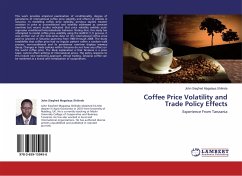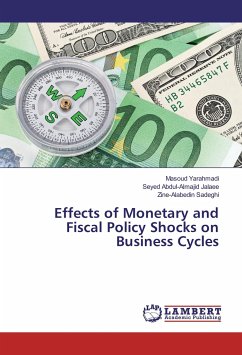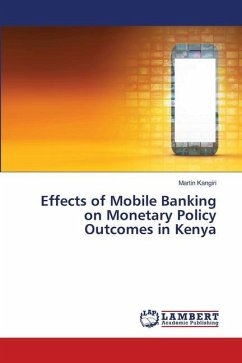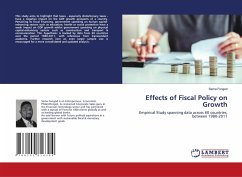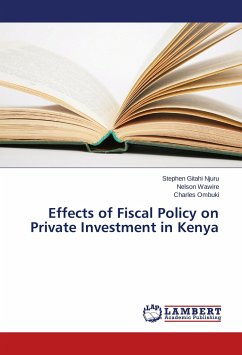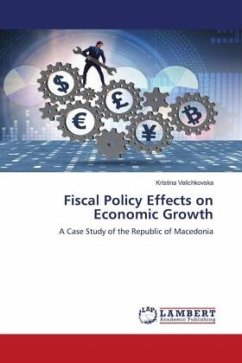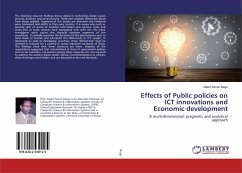My book provides you some interesting features concerning fiscal policy. So far, only Keynesian theories which debates that private consumption relates positively to fiscal policy appears to be a well-accepted theory with respect to fiscal policy. Basically, Keynes suggests that fiscal expansion/contraction soars/plummets private consumption. However, other theories considering the overall effect of fiscal policy regarding to private consumption have emerged. Furthermore, two additional theories concerning fiscal policy effects are expounded in my book. The first theory, which is known as Ricardian Equivalence, argues that private consumption does not respond regarding to fiscal policy changes. The second theory covers the fact that private consumption relates negatively with respect to fiscal policy. Both theories assume rational economic agents to smooth private consumption over time. Moreover, these agents are supposed to act forward-looking. In the first part of my book, I elaborate theories which are mentioned above, thoroughly. The second part encloses an investigation in which these theories are applied to five different countries whereas some opposing results came forward.


